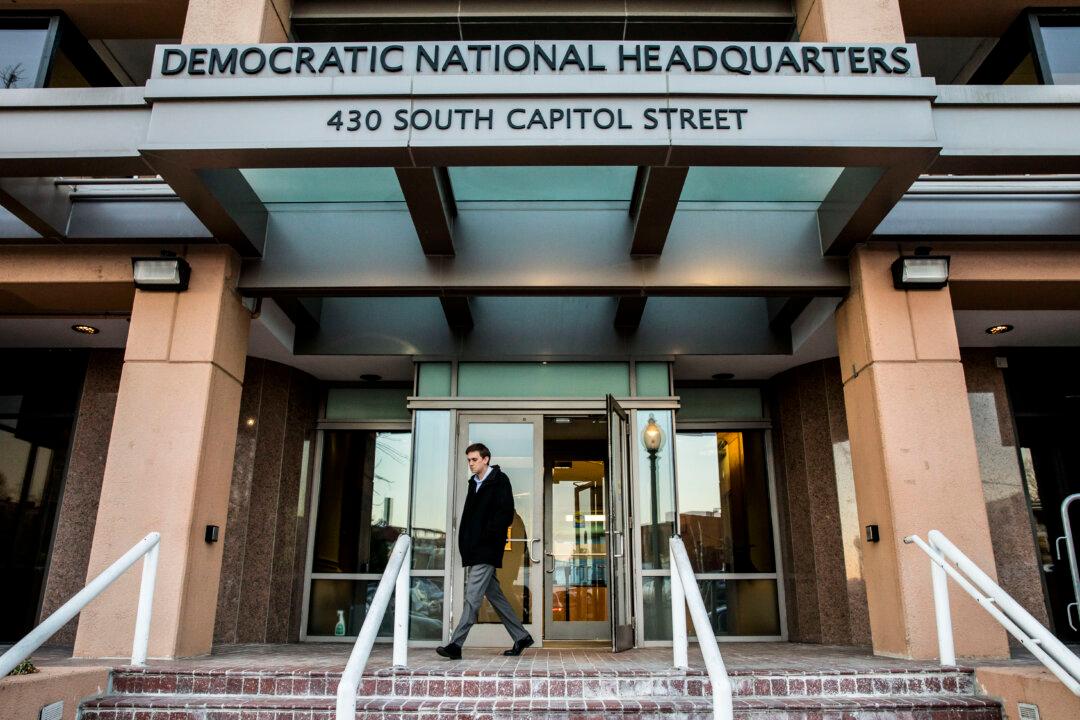The information provided by cybersecurity firm CrowdStrike wasn’t the most compelling piece of evidence examined by a House committee to reach the conclusion that Russian hackers stole thousands of emails from the Democratic National Committee (DNC) server in late May 2016, according to a Republican on the panel who was directly involved in the investigation.
The House Intelligence Committee reviewed multiple independent sources, all of which were more compelling than the evidence handed over by CrowdStrike, the cybersecurity firm that the DNC hired to deal with the breach of its systems. The evidence for the exfiltration of the emails from the DNC server was as convincing as the evidence for the rest of the cyberattack, the source told The Epoch Times.





